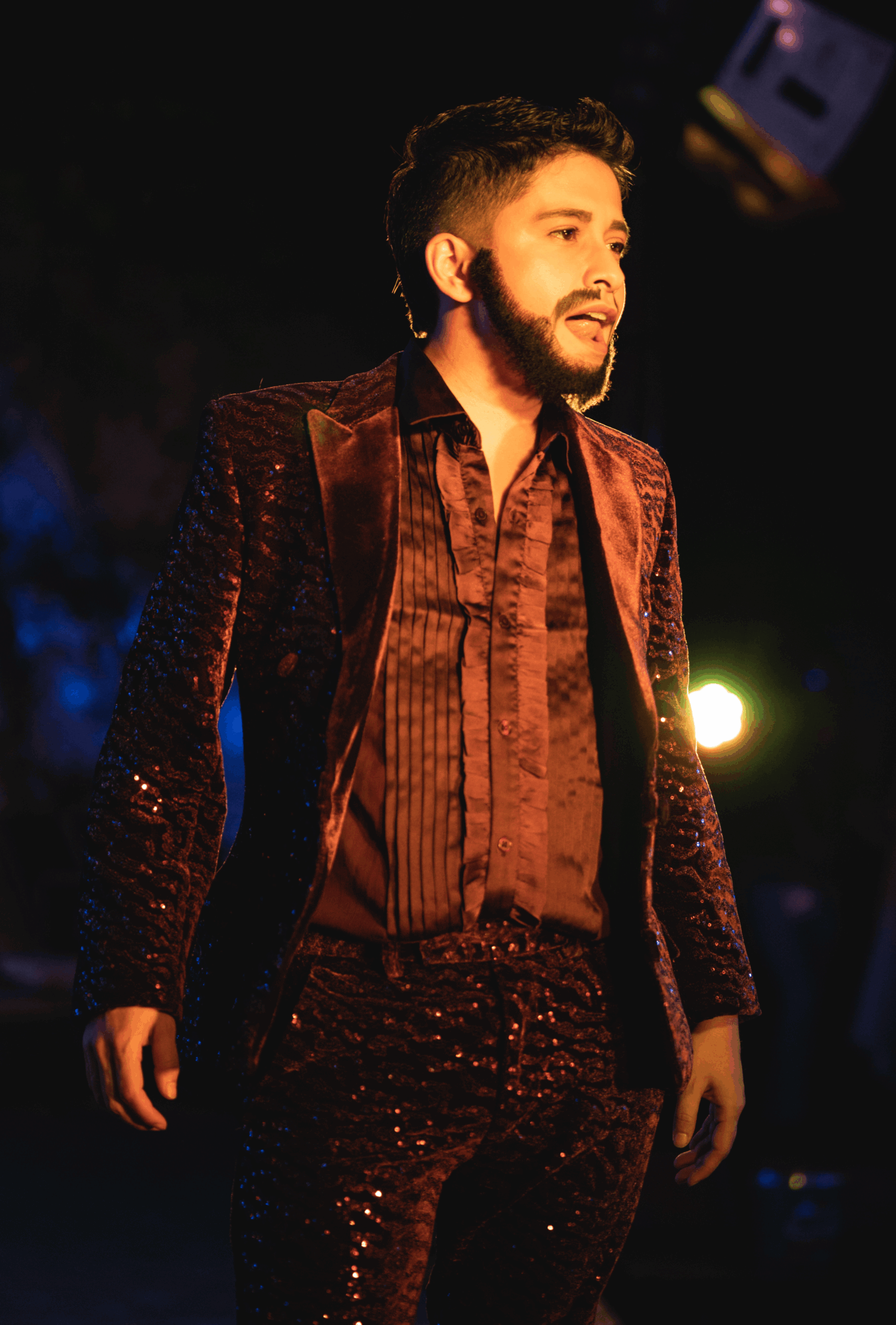We were lucky to catch up with Bobby Pudrido recently and have shared our conversation below.
Hi Bobby , thanks for joining us today. Do you wish you had started sooner?
I often joke that I have been doing drag my whole life, performing for society to mask my trans-ness, but, officially, I started my creative career later than most artists I know, at age 32. Prior to that, I had never performed on a stage or thought myself a creative. Many of the performers I work with are in their 20’s, at times over 10 years younger than me. Mosts of the performers my age have been doing it for over a decade.
Prior to doing drag, I was in banking for over 9 years. When I started drag, I was working remotely as a queer healthcare coordinator. Working with queer folks around the US helped me see the vastness in queerness and gain the confidence to start something as queer and creative as drag.
Sometimes I do wish I started my creative journey sooner, but picturing myself performing in drag in my 20’s in the early 2000’s in South Texas sounds like a feat that maybe the universe knew I wasn’t ready for at the time. Drag performance boldly asks of society to imagine a world outside of the confines of cisgender heterosexual norms. Because I was such a reserved kid growing up, my timidness needed a softer landing before catapulting myself into something as vulnerable as a public declaration of my queerness in performance art. I needed more kindness than society and drag culture of that time and place had capacity for. Like every other queer person, I owe this soft landing to the drag performers and queer folks who did it before me at the cost of their livelihood.
There’s an immense amount of beauty in speaking of our bravery as queer folks for living loud and proud, but I also think there’s beauty in stories of us living, hopefully temporarily, within the confines of cis-heteronormativity for survival. Of course I wish I had an understanding of how vast queerness, creativity, and drag was prior to my 30s, but it just didn’t work out that way and I have to maintain that there’s a reason for that. Maybe I’ll be the queer drag elder for someone like me who needs that kindness to find their creativity. At the end of the day, my childlike self found the perfect time and place to be creative.

Great, appreciate you sharing that with us. Before we ask you to share more of your insights, can you take a moment to introduce yourself and how you got to where you are today to our readers.
I moved to Austin from Laredo, Texas in 2008, right after graduating high school. In my 20s, navigating nightlife meant choosing between two spaces: BIPOC cis-heteronormative crowds or predominantly white queer scenes. Neither fully reflected who I was becoming.
It wasn’t until my early 30s, after coming out as trans, that I began to take initiative in my creative life. That turning point led me to drag. My first time performing was an open call for a live audition with Austin’s only drag king troupe, the Boyz of Austin. I had never been on stage before, had no idea what I was doing, but I trusted my body—something I hadn’t been able to do for most of my life. Around the same time, I had just started working at a queer healthcare company, surrounded by other queer folks from around the country. That support, along with beginning my medical transition, gave me the confidence to surrender to the gaze of an audience.
The story of my drag name, Bobby Pudrido, comes from my upbringing. Bobby Pulido was a staple of my childhood, the dreamboat of the 956 and south Texas. I like to cosplay as a dreamboat as a way to remind myself I always was one even people treated me as an afterthought. Also, “Podrido” means “rotten” in Spanish. I discovered my love for drag at the tender age of 32 and feel I deserve to spoil myself rotten with versions of myself I’ve always wanted to explore.
Society hasn’t caught up to how vast and beautiful BIPOC Southern trans folks are. I create shows to increase visibility for BIPOC trans, gender diverse, and other LGBTQ+ performers to combat this, in my own small way.
I’m most proud of my collaboration with such a diverse range of drag performers in our community. Creative work is never easy—especially for those who face systemic marginalization and ongoing social and political challenges. Despite these obstacles, we’ve built meaningful connections and created powerful work together. That resilience, and the solidarity behind it, is what I’m proudest to be a part of.
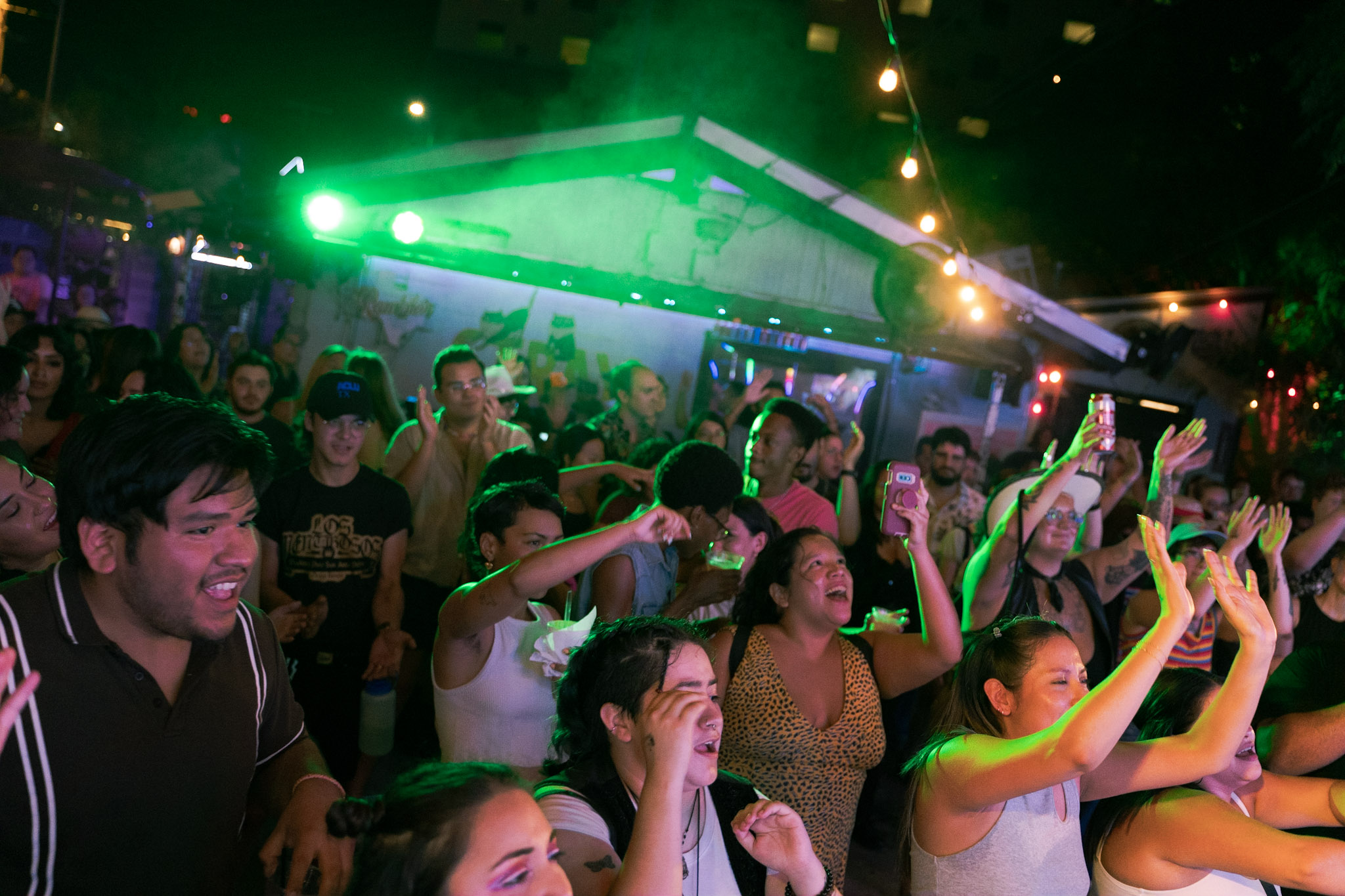
Is there mission driving your creative journey?
My main goal is to showcase my identities and culture. I spent a lot of my life with no language for the things I felt as a queer person. I hope to offer that to someone who needs it. I also want to showcase the complexities and beauty of Southern trans BIPOC queerness. It took me decades to learn how precious and rich our history and collective resistance is as queer folks from the South. I’m also driven by how much I’ve learned about myself through performance. It’s the most vulnerable thing I’ve ever done and I aim to keep showcasing my vulnerabilities in ways that can help me and my audience grow in some way.
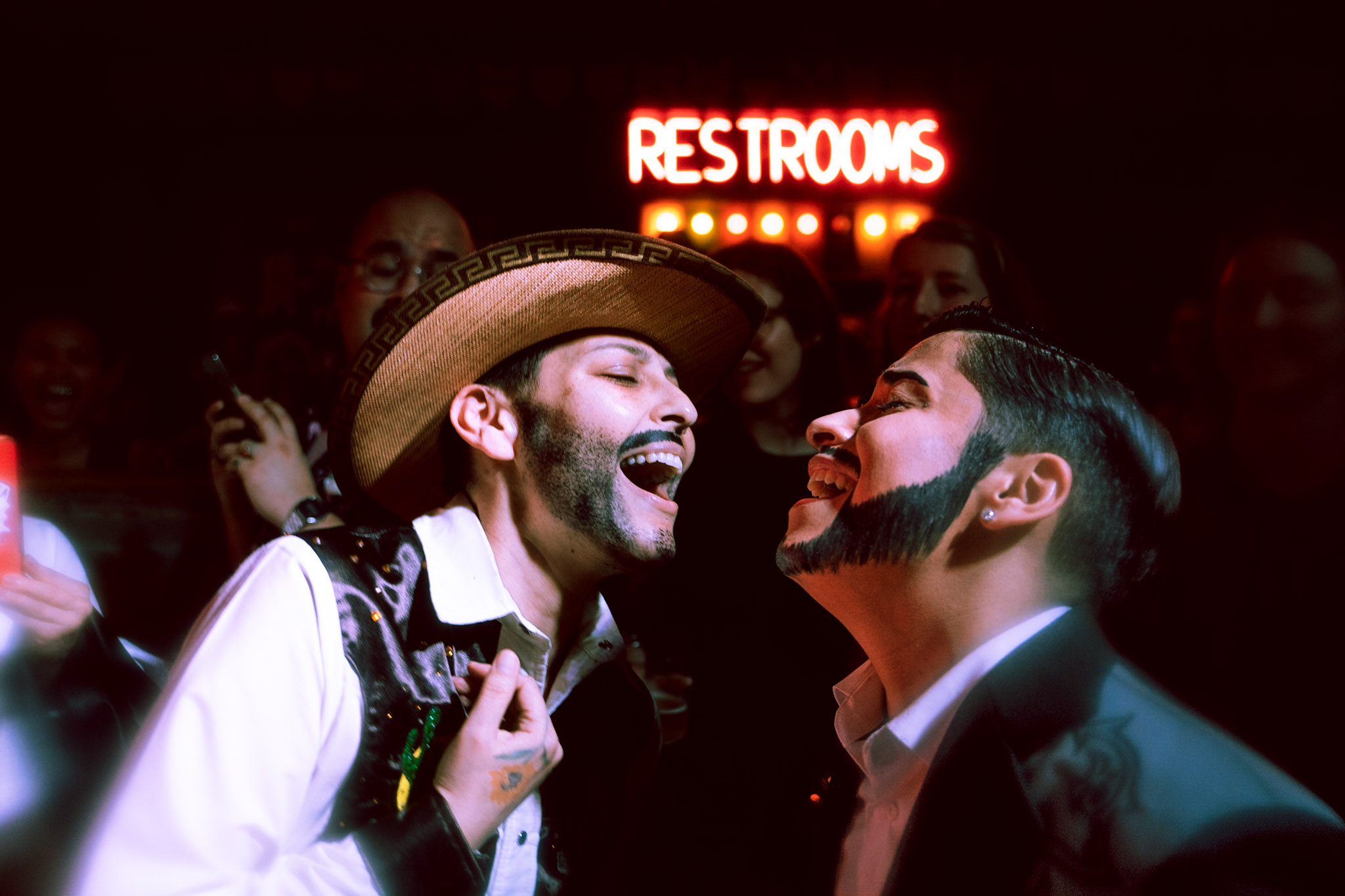
For you, what’s the most rewarding aspect of being a creative?
Connecting with other artists and learning new skills from them has been the most rewarding for me. Attending artist talks, residencies, shows, and working alongside my friends on our art gives me a sense of belonging and inspiration that has sustained me in some really difficult times.
Contact Info:
- Website: https://www.bobbypudrido.com
- Instagram: https://www.instagram.com/bobbypudrido/
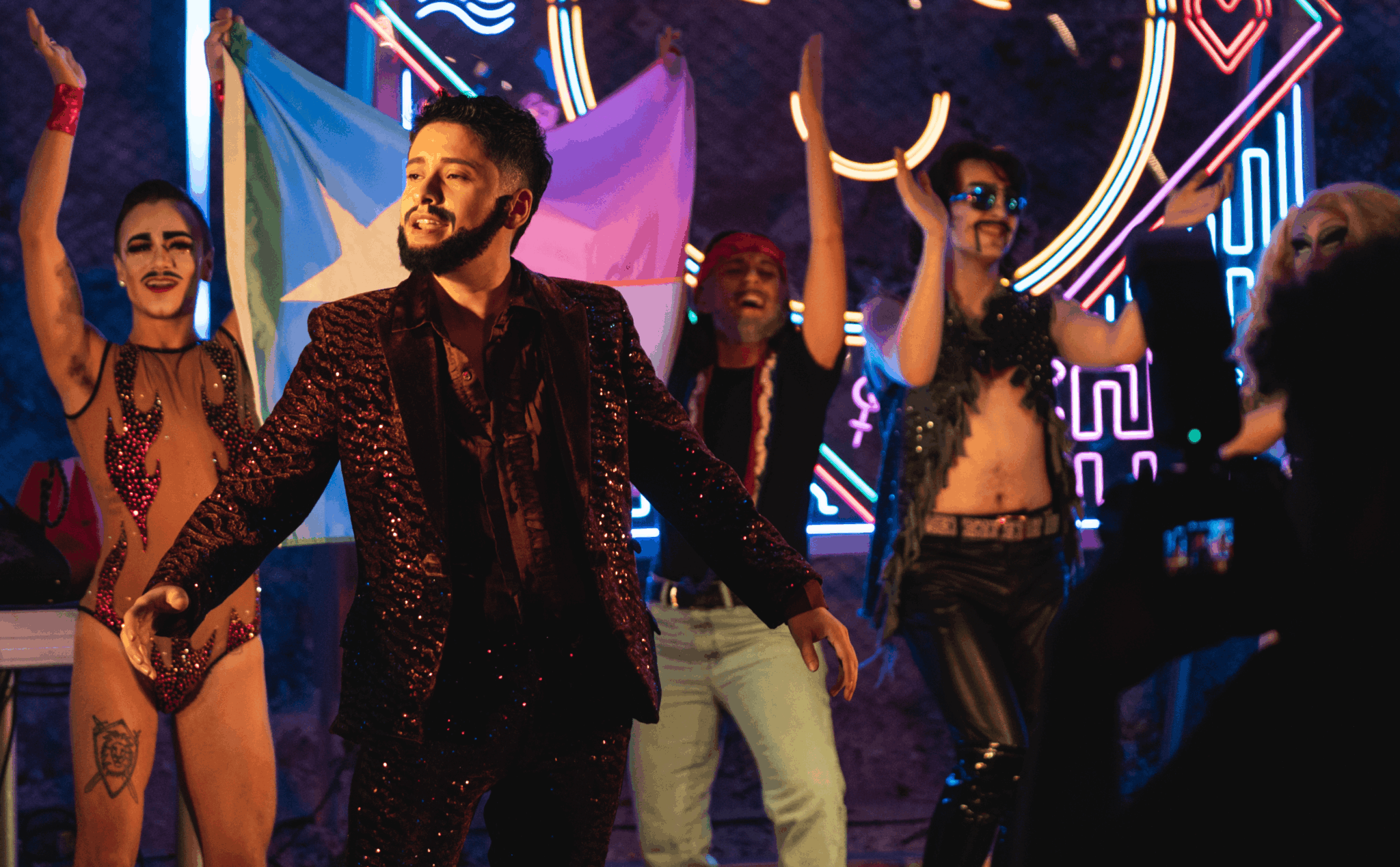
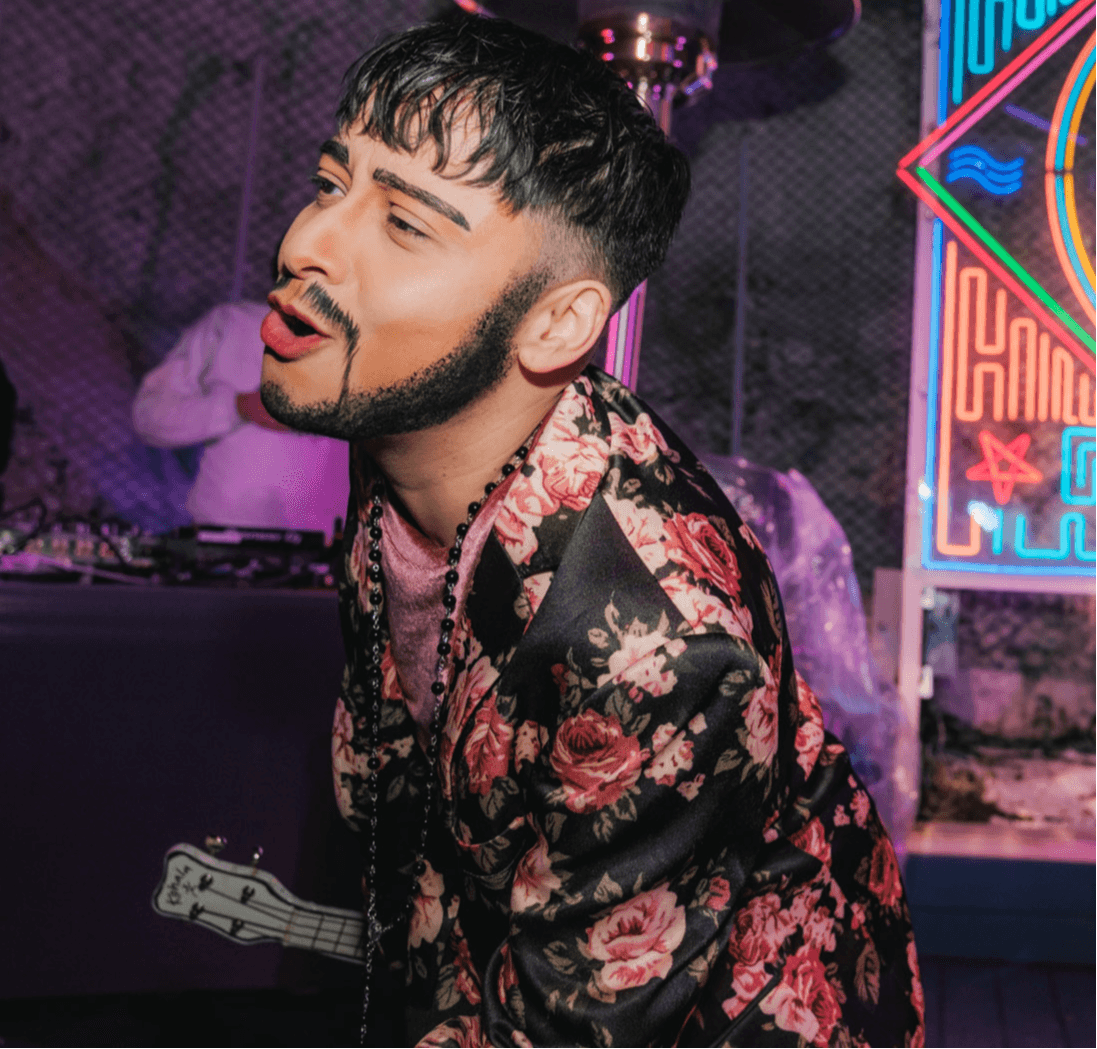
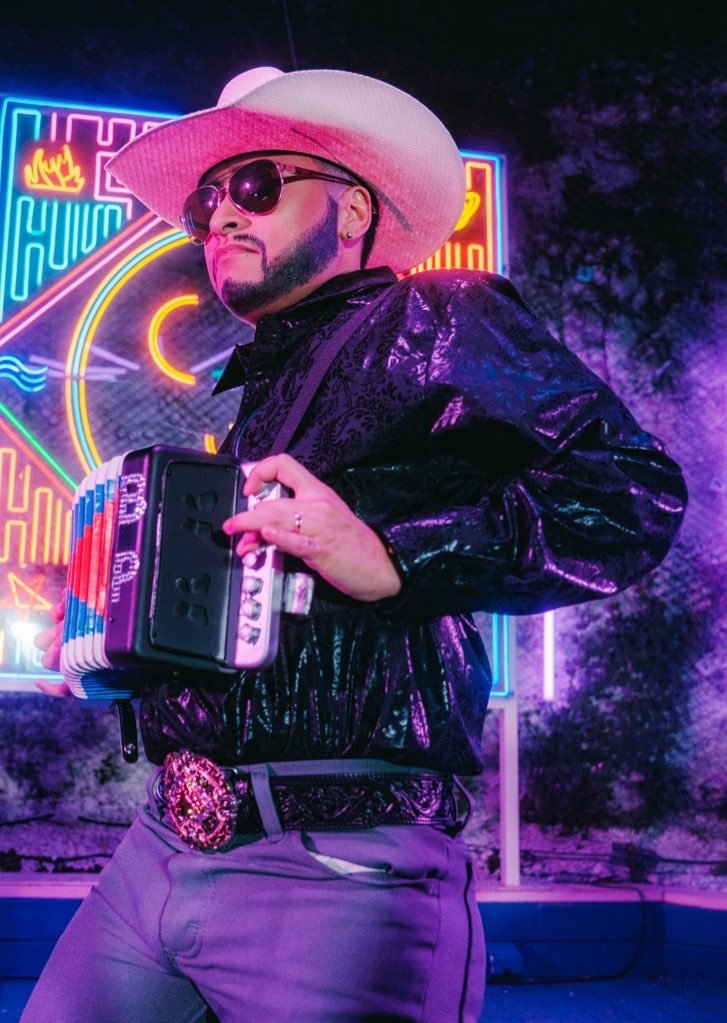
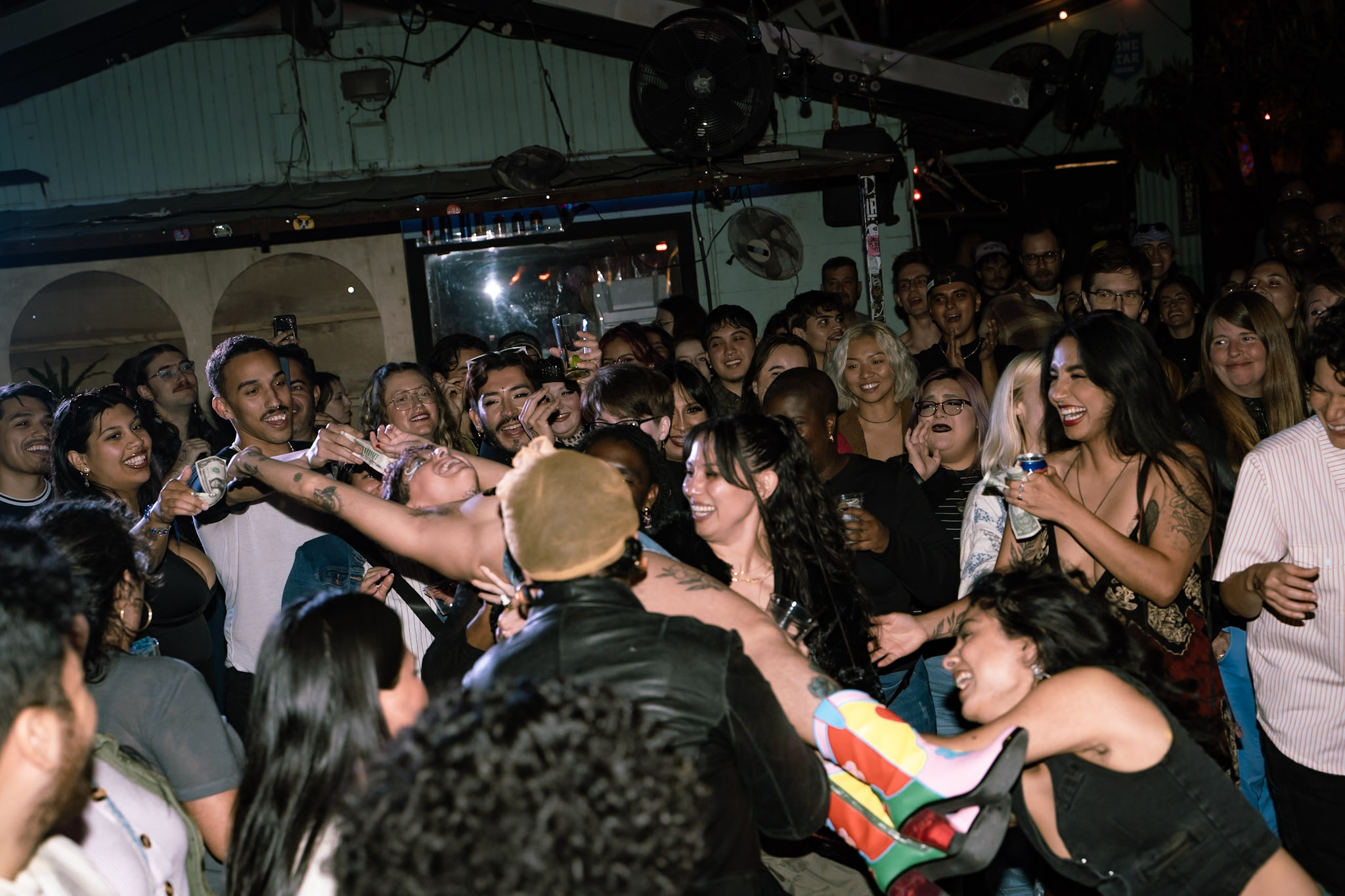
Image Credits
Reuben
Jay Ybarra
Kaartik Gupta


